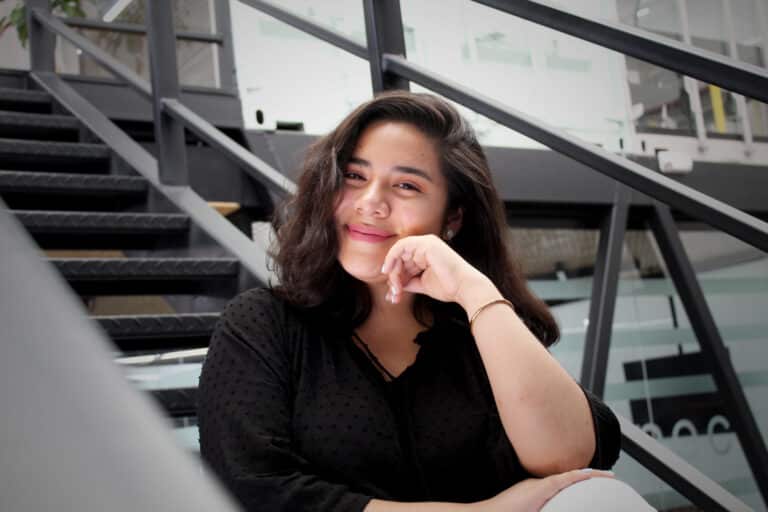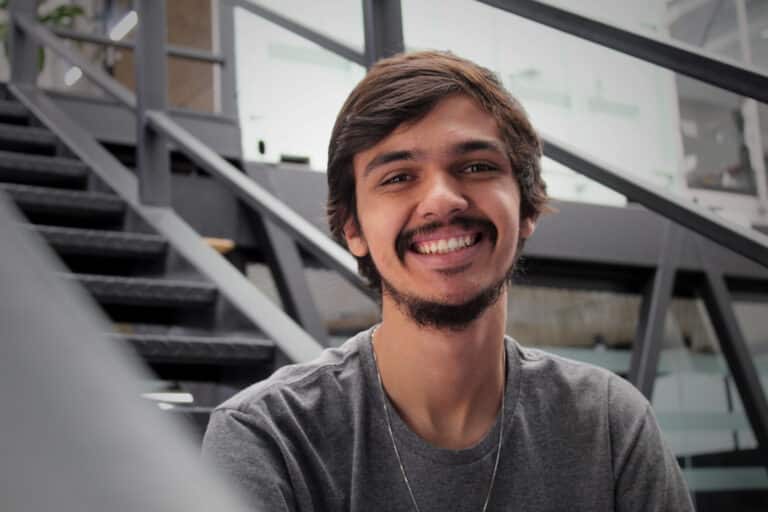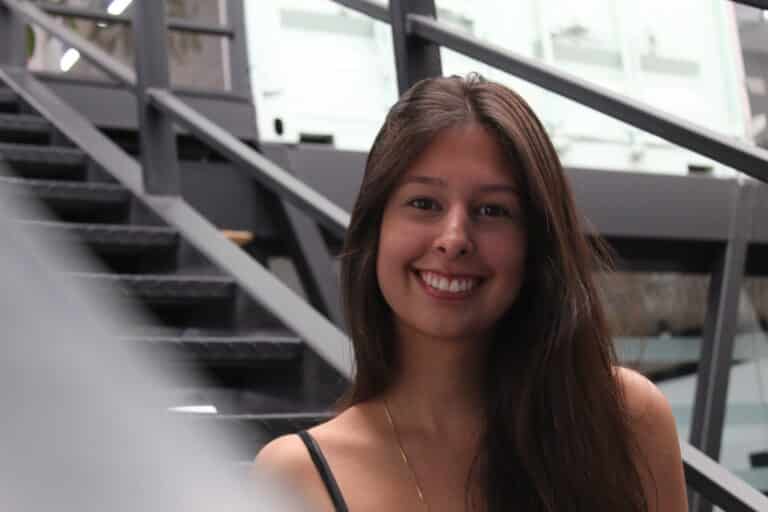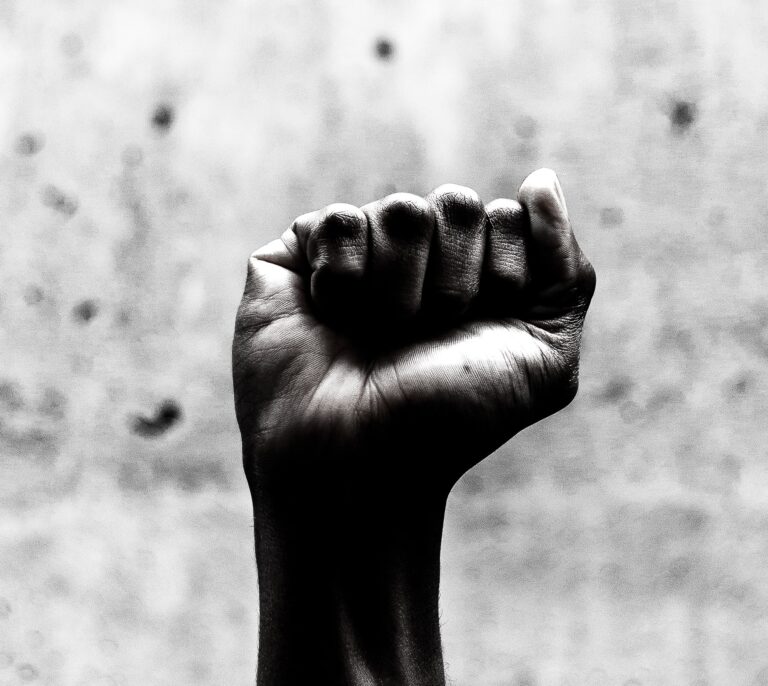Interview with Tássia de Matos
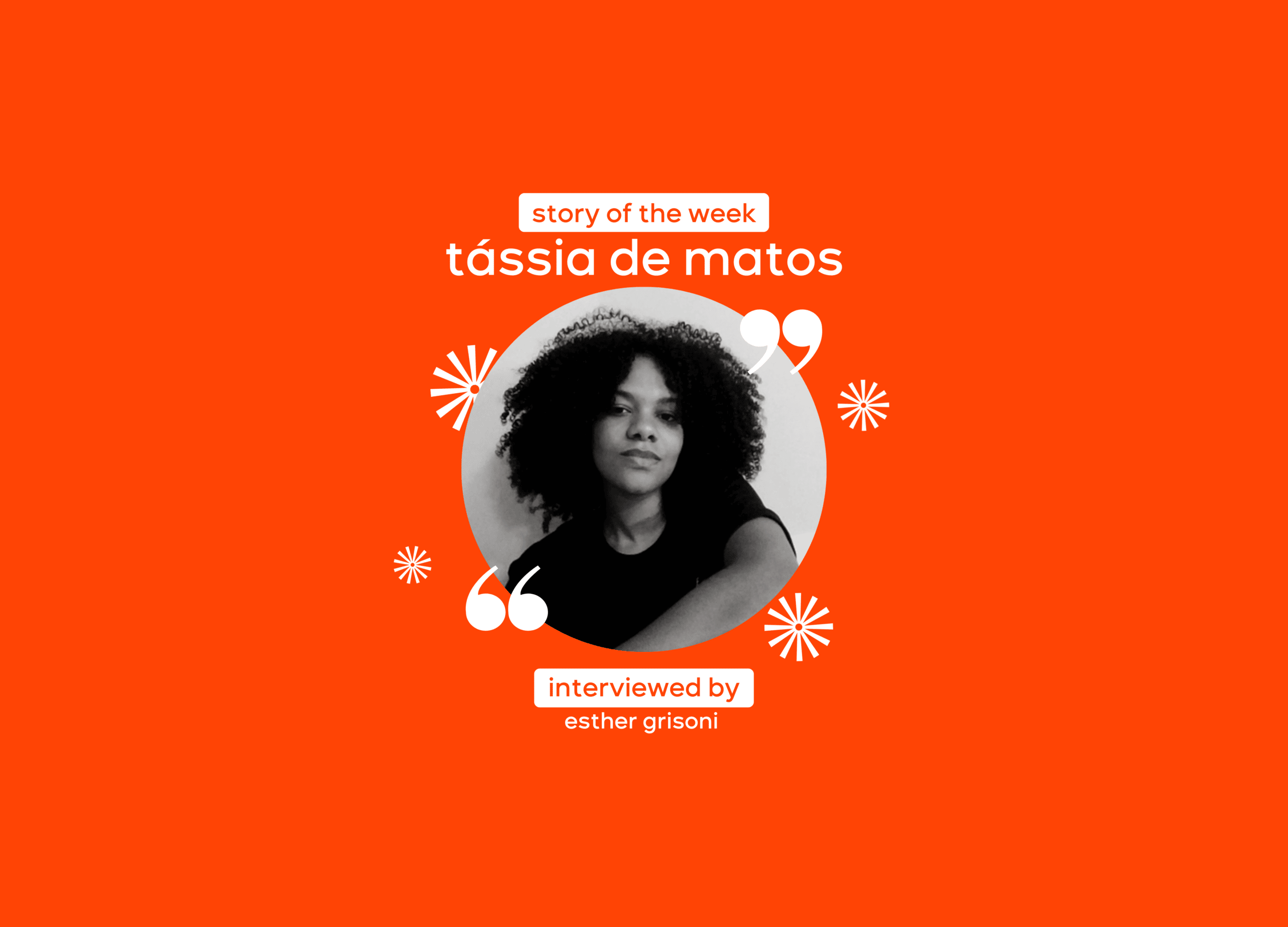
“LALA was one of the main pieces in my puzzle when it came to building the education I believe in”
Born in Cachoeira, in the Recôncavo da Bahia, Tássia de Matos is a 21-year-old black woman from the Northeast of Brazil who, despite being very young, has already impacted hundreds of lives, serving as an inspiration and example of Latin American leadership. Responsible for creating several projects related to diversity and inclusion within LALA, Tássia has been promoting structural changes that significantly impact our community, focusing on the development of minority groups and transforming LALA into a fairer and more pluralistic space.
During her time in school, Tássia was able to enjoy many opportunities that were historically and socially denied to her ancestors; for this reason, during her growth, education was a central point in her life, a priority to be followed. In addition to the academic area, Tássia also made a point of taking advantage of opportunities in extracurricular activities related to sports, music, theater, and scientific initiation research. Since then, parallel to being a highly active student, her predisposition to leadership was also already beginning to emerge.
All these experiences gave her a clearer perspective of what she would like to study. In her final years of High School, she realized that education was her true passion and the area in which she would like to work. Currently, the young woman is studying for an interdisciplinary Bachelor of Humanities with a focus on Management and Cultural Policies at the Federal University of Bahia.
Tássia had her first contact with LALA at BLB 7, in São Paulo, where she met several young Brazilians willing to lead change in their communities. Through this experience, she realized the type of education she believed in – an education based on social leadership and thinking about the future collectively.
After the Camp, she became aware that she wanted to stay active at LALA. Tássia has been working for a long time on diversity and inclusion within our programs. One of her first initiatives was related to the issue of linguistic inclusion, an agenda that, together with a friend, she brought into the community since, at the time, the interactions between participants were mainly in English, which constituted a very exclusionary factor, especially for historically minority groups. Her ideas reached prominent LALA leaders who supported it and made a series of interventions to make the program more inclusive.
Sometime later, she began to work on creating and implementing the Support Program for Black, Indigenous, and Peripheral Youth, aimed at bringing the diversity of Latin American realities into LALA. At that time, Tássia says there was no significant representation of minority groups within the community. The implementation of the Program – which currently works in parallel with admissions, supporting young people through mentoring, skills development, and follow-ups – constituted a way to break this cycle of inequalities during the admission process and in the journey of these young people after being accepted.
Without stopping there, Tássia also helped in the creation, planning, and execution of the DEIA Committee, which is responsible for implementing actions that promote diversity, equity, inclusion, and access to the program. And in addition to leading all these initiatives that made LALA a more diverse and representative environment, the young woman was also part of the V-camps facilitation team. This experience made her develop essential knowledge for her socio-emotional skills.
After so many years of working in the community, Tássia says that one of the most remarkable things that LALA has given her was finding a place where she felt genuinely listened to, with an openness to implementing the necessary changes. We thank Tássia for echoing such a powerful voice that made LALA a plural space for many generations of leaders who have already emerged and will still emerge. We hope this uncontrollable desire to see change happening worldwide will inspire many Latin Americans.
This is a story written by Esther Grisoni and edited by Lorena Ottoni, LALA’s Storytelling Team members.
